Sound Sleep


Dr. Natalie Solomon
Licensed Psychologist
Expertise:
Sleep, Women's Health, Insomnia, Cognitive Behavioral Therapy
-
Sleep is one of the most talked-about (and misunderstood) parts of our health. With so much advice and so many myths floating around, it’s hard to know what to believe. This course breaks down the science of sleep in a clear, practical way—so you can feel more confident navigating your own sleep patterns. We’ll explore questions like: Is it normal to wake up during the night? How much sleep do you really need? What’s REM sleep, and why does it matter? You’ll also learn when poor sleep might signal a bigger issue, how to know if a sleep study is necessary, and whether being a night owl is actually a bad thing.
-
Learners will be able to describe components of normal healthy sleep including: how much time awake in the night is normal? How long should a person sleep? What is REM vs NREM sleep?
Learners will be able to distinguish healthy sleep from a sleep disorder. When is an overnight sleep study indicated? Is being a morning person or a night owl a problem?
Learners will gain familiarity with treatment options for sleep disorders.
-
American Psychiatric Association. (2013). Diagnostic and statistical manual of mental disorders (5th ed.).
Carney, C. E., & Danforth, M. (2022). Behavioral treatment I: therapeutic
Carskadon, M. A., & Dement, W. C. (2005). Normal human sleep: an overview. Principles and practice of sleep medicine, 4(1), 13-23.
Greenberg, H., Lakticova, V., & Scharf, S. M. (2017). Obstructive sleep apnea: clinical features, evaluation, and principles of management. In Principles and practice of sleep medicine (pp. 1110-1124). Elsevier.
Roenneberg, T. (2012). What is chronotype?. Sleep and biological rhythms, 10, 75-76.
Spielman, A. J., Caruso, L. S., & Glovinsky, P. B. (1987). A behavioral perspective on insomnia treatment. Psychiatric Clinics of North America, 10(4), 541-553.
CE credits available for psychologists, social workers, counselors, therapists, physicians, nurses, and other healthcare professionals.
-
Sound Sleep
-
Introduction
Introduction to Sleep Foundations: Understanding what quality sleep really means and why it matters for your mental and physical health.
-
Hypnogram
Mapping Your Sleep Architecture: Exploring the different stages of sleep and how your brain cycles through them each night.
-
Insomnia 1
Understanding Sleep Difficulties: Identifying the common causes and types of insomnia that affect millions of people.
-
Insomnia 2
Evidence-Based Assessment & Treatment for Insomnia: Learn how insomnia is assessed and treated (CBTi).
-
Chronotype
Discovering Your Natural Sleep-Wake Pattern: Learning about individual differences in sleep timing and how to work with your body's natural rhythm.
-
Obstructive Sleep Apnea
Obstructive Sleep Apnea Explained: Understanding this common but serious sleep disorder and when to seek professional help.
-
Two Process Model
Learn about the fundamental framework in sleep science that explains how our sleep-wake cycle is regulated by two separate but interacting biological processes.
-
Sleep Drive
The Science Behind Sleep Drive: Exploring how your body builds the need for sleep and maintains your sleep-wake cycle.
-
Hyperarousal
When Your Mind Won't Let You Sleep: Addressing the mental and physical arousal that keeps you awake and strategies to calm your system.
-
Closing
Wrapping up key takeaways.
-


